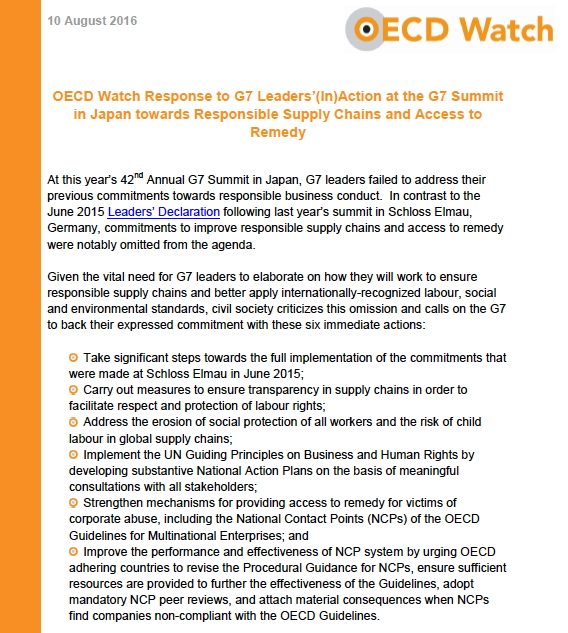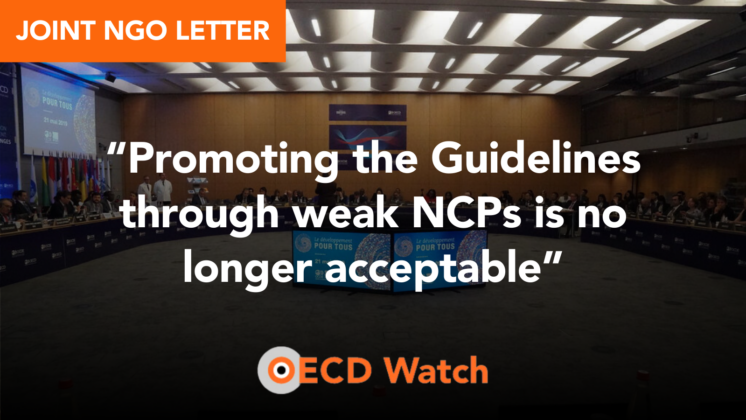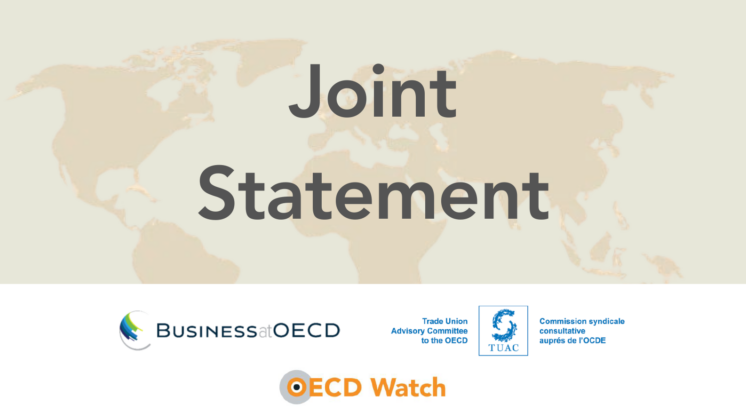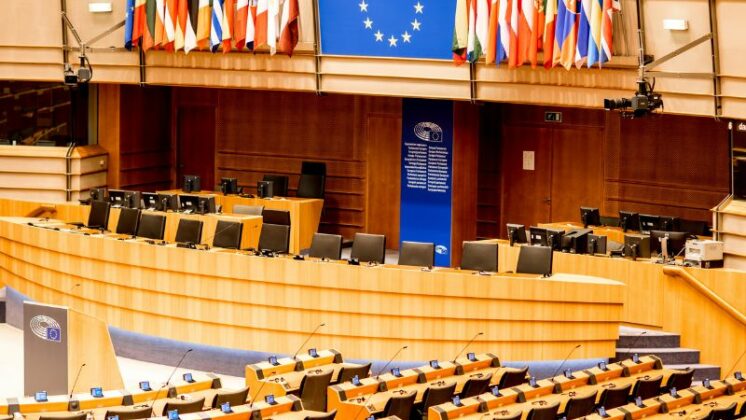At this year’s 42nd Annual G7 Summit in Japan, G7 leaders failed to address their previous commitments towards responsible business conduct. Civil society criticizes this omission and calls on the G7 to back their expressed commitment with six immediate actions.

In contrast to the June 2015 Leaders Declaration following last year’s summit in Schloss Elmau, Germany, commitments to improve responsible supply chains and access to remedy were notably omitted from the agenda.
Given the vital need for G7 leaders to elaborate on how they will work to ensure responsible supply chains and better apply internationally-recognized labour, social and environmental standards, civil society criticizes this omission and calls on the G7 to back their expressed commitment with these immediate actions:
- Take significant steps towards the full implementation of the commitments that were made at Schloss Elmau in June 2015;
- Carry out measures to ensure transparency in supply chains in order to facilitate respect and protection of labour rights;
- Address the erosion of social protection of all workers and the risk of child labour in global supply chains;
- Implement the UN Guiding Principles on Business and Human Rights by developing substantive National Action Plans on the basis of meaningful consultations with all stakeholders;
- Strengthen mechanisms for providing access to remedy for victims of corporate abuse, including the National Contact Points (NCPs) of the OECD Guidelines for Multinational Enterprises; and
- Improve the performance and effectiveness of NCP system by urging OECD adhering countries to revise the Procedural Guidance for NCPs, ensure sufficient resources are provided to further the effectiveness of the Guidelines, adopt mandatory NCP peer reviews, and attach material consequences when NCPs find companies non-compliant with the OECD Guidelines.














